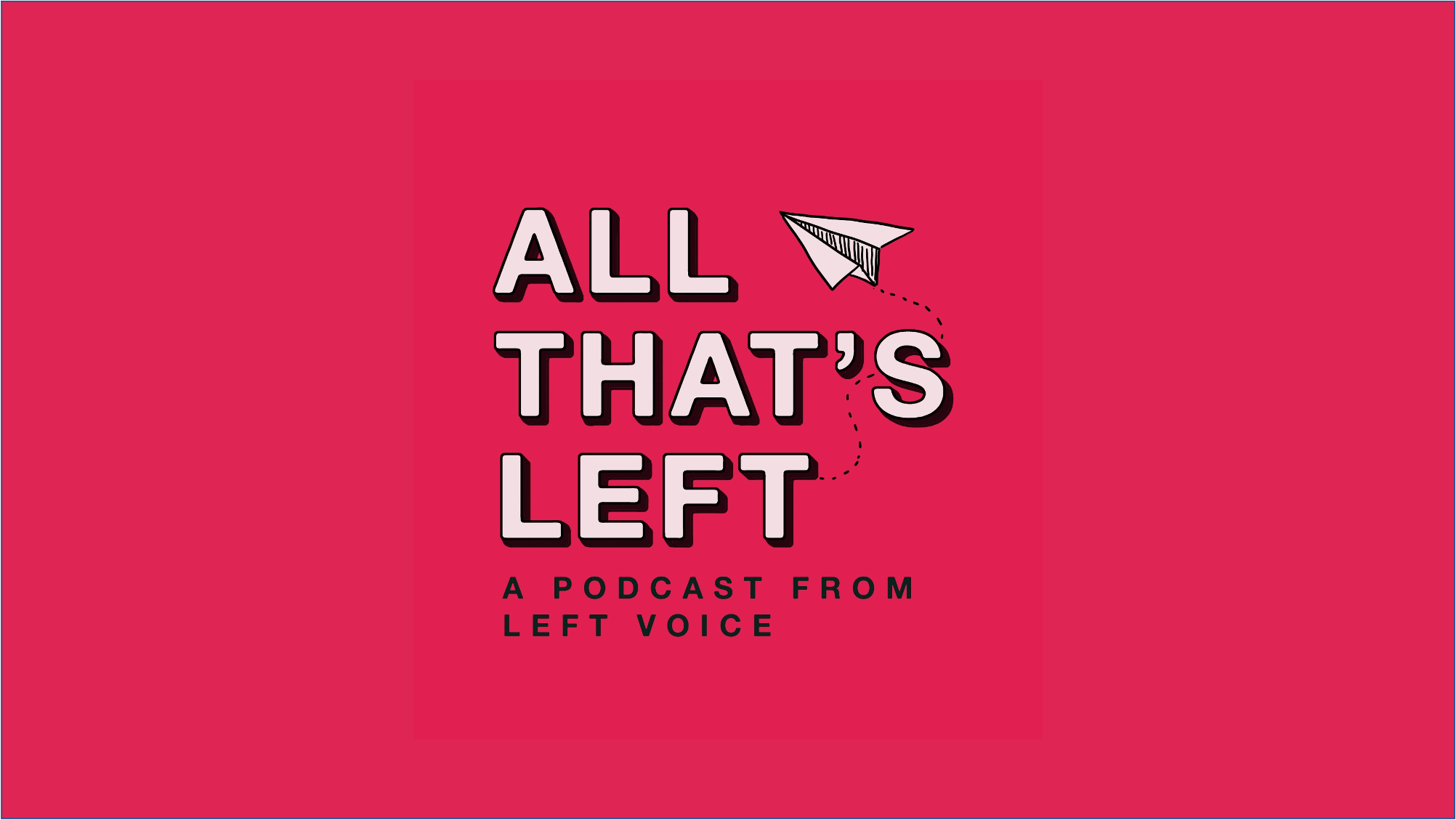LEFT VOICE
JULY 2. 2025

On this episode of the podcast, we discuss the rightward shift on LGBTQ+ and democratic rights, and the need to fight these attacks with working-class methods and a socialist, revolutionary perspective.

Trans people face routine violence, demonization from politicians and the media, and discrimination in housing, employment, and healthcare. It begs the question: How are we going to fight back?
JULY 1. 2025
ICE agents, heavily armed, descend on Detroit neighborhoods like an occupying force to carry out deportations with the help of local police.
JUNE 27. 2025

The Supreme Court just helped advance Trump’s attack on birthright citizenship. This reveals the limits of relying on the courts to defend democratic rights, and shows the need for a class-independent immigrant rights movement which organizes mass resistance from below.

In a victory for the entire working class, worker-managed factory MadyGraf has legally been expropriated.

One year after the bloody crackdown on uprisings in Kenya, young people are returning to the streets against a backdrop of economic crisis. In the face of austerity policies that go hand in hand with imperialist plunder, we must demand the dissolution of global financial institutions that serve the interests of finance capital.
JUNE 26. 2025

South Africa is part of the neoliberal world order, and despite far-right claims about “white genocide, ” the government defends a model of racialized land inequality.

To stop the genocide, we need strikes and blockades now, not a lengthy parliamentary investigation that will tell us what we already know: UK arms are killing Palestinians.

Today, neoliberalism — the hegemonic kind of politics and ideology for the last several decades — is everywhere in crisis. In this magazine issue we map some of the contours of that crisis for the political regime in the United States, and of possibilities for what comes next.

Crisis from above and class struggle from below are reshaping a fraying bipartisan regime in a post-neoliberal moment, opening paths toward authoritarianism and increased activity by the working class and oppressed. These tensions come to the fore as the remnants of the old political order brush against the emerging traits of a new moment.

With the second election of Donald Trump to the presidency, the Democratic Party has entered an existential crisis. But that crisis was a long time coming and must be seen in relation to the wider decay of neoliberalism. What are the opportunities for class struggle in this new conjuncture?

How can a radical left organization build links to the vanguards of class struggle? How can it link itself to and influence the wider masses? In this conference document, Lizarrague maps responses to these questions for Argentina’s Partido de Trabajadores Socialistas, or PTS, exploring not only the successes but also limits of that organization’s project of building a revolutionary socialist current of class struggle.

Capitalism’s neoliberal order, imposed from Washington, is in severe decay, with Trump’s election and crises at international hotspots as some of its morbid symptoms. Cinatti’s analysis here charts emerging elements of the new international situation, including the openings and imperative of class struggle to stop the march of imperialist powers into further bloody conflagrations.
